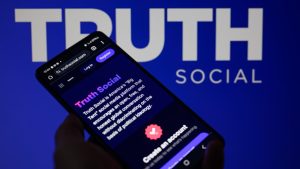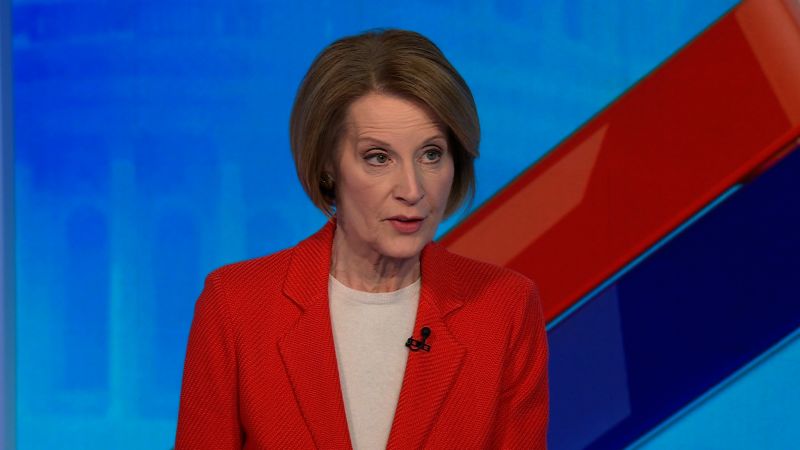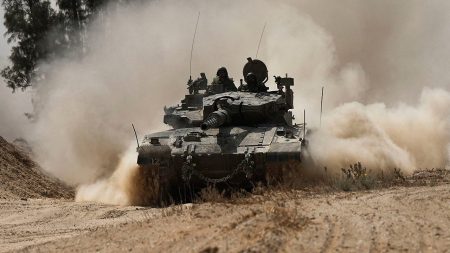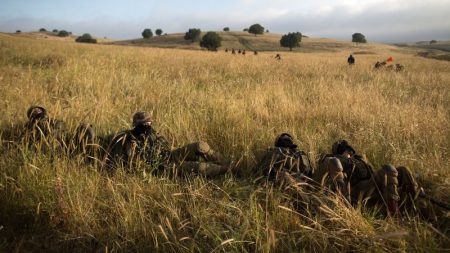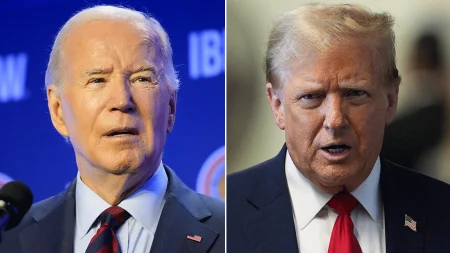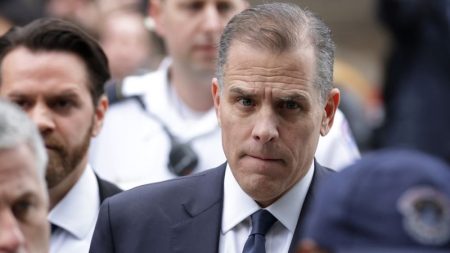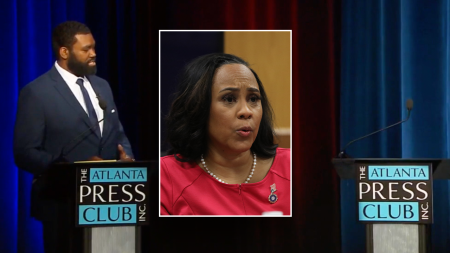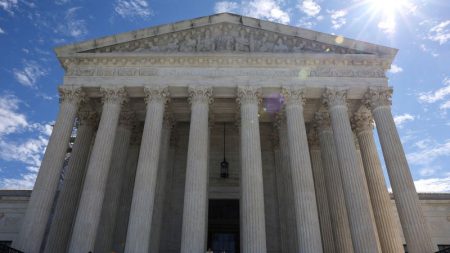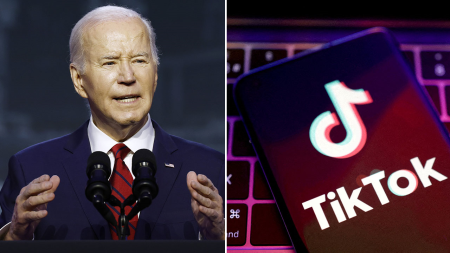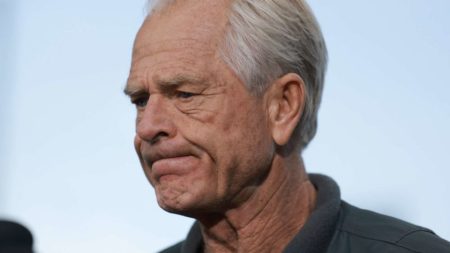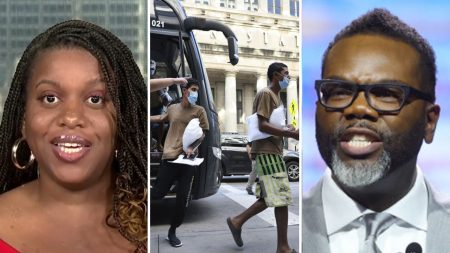During the oral arguments, the Supreme Court’s conservative majority seemed to show skepticism towards the Justice Department’s argument regarding the use of a federal obstruction law to prosecute some of the rioters involved in the January 6 attack on the US Capitol. This case raises significant questions about the interpretation of the law and its application in cases of political violence. The outcome of this case could have far-reaching implications for future cases of obstruction related to public demonstrations or protests.
The debate revolves around whether the term “proceedings” in the federal obstruction law includes Congressional proceedings, making it applicable to cases like the January 6 attack where rioters disrupted the certification of the Electoral College results. The government argues that obstructing Congress during the certification process constitutes a violation of the law, while the defendants claim that the law should only apply to legal proceedings and not legislative ones. This legal challenge is crucial in determining the boundaries of the obstruction law and its scope in cases of public disruption or violence.
The conservative justices on the Supreme Court appeared hesitant to expand the application of the federal obstruction law to include Congressional proceedings, expressing concerns about the potential consequences of such a broad interpretation. This skepticism reflects a conservative approach to legal interpretation and a reluctance to use the law to address actions that may have political implications. The justices’ questions during the oral arguments indicate a desire to limit the scope of the obstruction law to avoid potential conflicts with the First Amendment rights of individuals involved in public demonstrations or protests.
The implications of the Supreme Court’s decision in this case could have a significant impact on future prosecutions of individuals involved in acts of political violence or disruption. If the Court limits the application of the federal obstruction law to legal proceedings only, it could create challenges for prosecuting offenders who obstruct legislative processes or disrupt governmental functions. This decision will shape the legal landscape surrounding cases of obstruction related to public demonstrations or protests, defining the boundaries of criminal liability in such situations.
Overall, the oral arguments in this case highlight the complexities surrounding the interpretation and application of federal obstruction laws in cases of political violence or disruption. The Supreme Court’s conservative majority’s skepticism towards the government’s position raises questions about the extent of legal protections for individuals involved in acts of civil disobedience or protests. This case underscores the importance of clarifying the boundaries of criminal liability in cases of public disturbances to ensure a fair and just legal system that balances the need for law enforcement with the protection of constitutional rights.
In conclusion, the Supreme Court’s decision in this case will have far-reaching implications for the prosecution of individuals involved in acts of political violence or disruption. The Court’s conservative majority’s skepticism towards the use of the federal obstruction law to prosecute January 6 rioters signals a potential limitation on the law’s application in cases of public demonstrations or protests. This case highlights the challenges of interpreting and applying criminal laws in cases of political conflict and emphasizes the need to balance law enforcement with the protection of constitutional rights in a democratic society.

